science
-
Brain power

How overconfidence harms decision making
People tend to be more overconfident than knowledgeable, especially when they have some knowledge but not a lot.
-
Quality of science & its communication
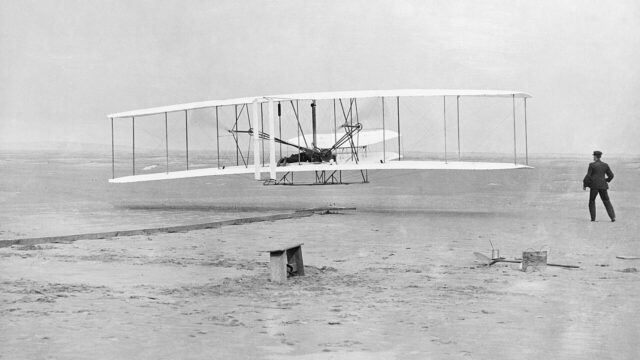
Intellectual humility is a key ingredient for scientific progress
An intellectually humble person may have strong beliefs, but is also open to the valuable insights, ideas and evidence of…
-
Brain power

Innovation is increasingly a collaborative affair
Disruption in science continues, but the likelihood of any single scientist causing a major upheaval in their field is diminishing.
-
Quality of science & its communication

Fact-bombing by experts doesn’t change hearts and minds. But good science communication can
Science communication has to start with values – and most of the time it does.
-
ABCs of KM
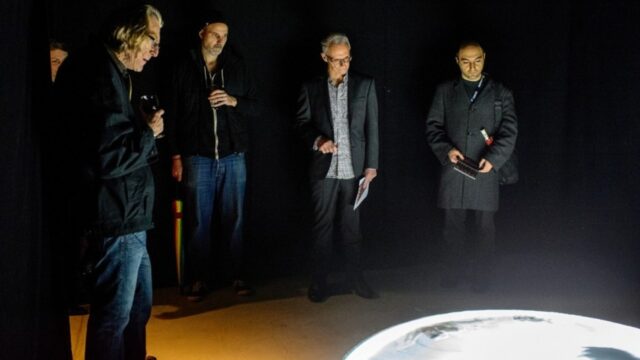
Improving transdisciplinary arts-science partnerships [Arts & culture in KM part 10]
What is needed to better “enable” and “situate” arts–science partnerships and support mutual learning?
-
Arts & culture in KM
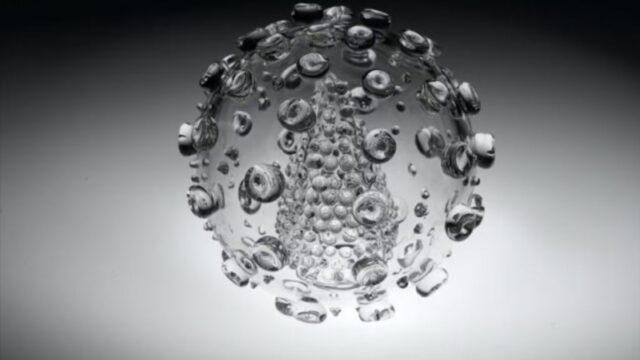
The relationship between science and art [Arts & culture in KM part 9]
Often seen as opposites, science and art both depend on observation and synthesis.
-
Brain power
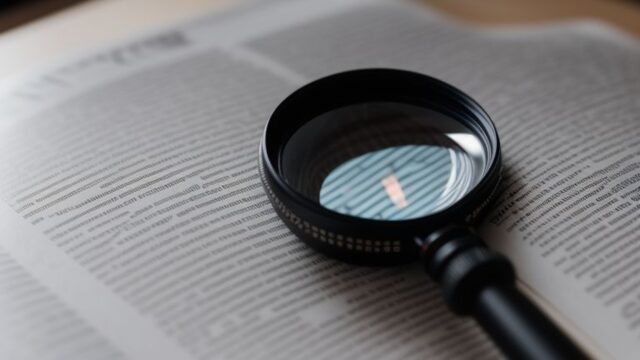
How best to correct scientific misinformation
Strategies exist to rectify misinformation, provided that obstacles are duly acknowledged and circumvented.
-
Arts & culture in KM
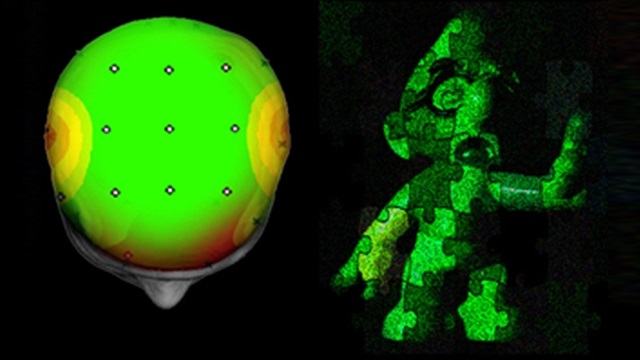
A successful model of integration in an art-science project [Arts & culture in KM part 6]
The knowledge cycle achieved by the flow of the three types of information derived from participant engagement in an interactive…
-
Brain power
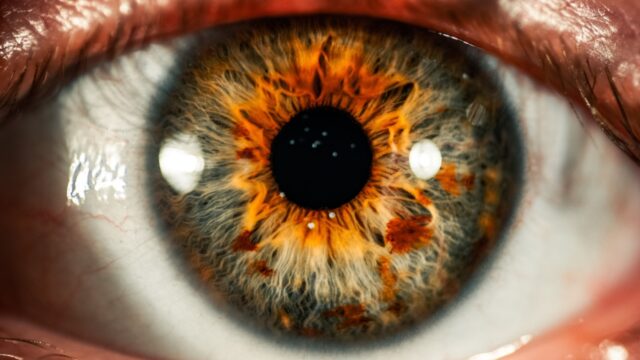
Nobody knows how consciousness works – but top researchers are fighting over which theories are really science
Big names in consciousness research have signed an open letter attacking ‘integrated information theory’ as pseudoscience, sparking uproar.
-
Arts & culture in KM
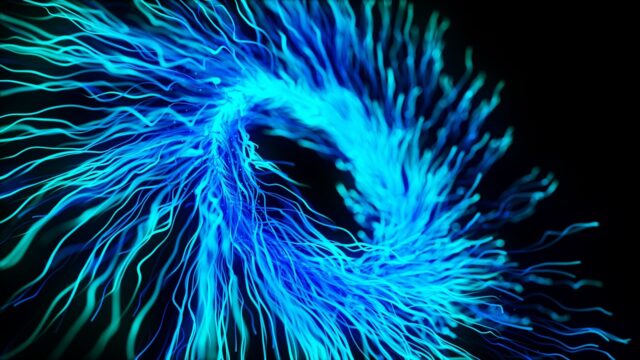
Every science lab should have an artist on the team – here’s why [Arts & culture in KM part 3]
Artistic representations of scientific imaging can help illuminate complex ideas and help bring this knowledge to a wider audience.

